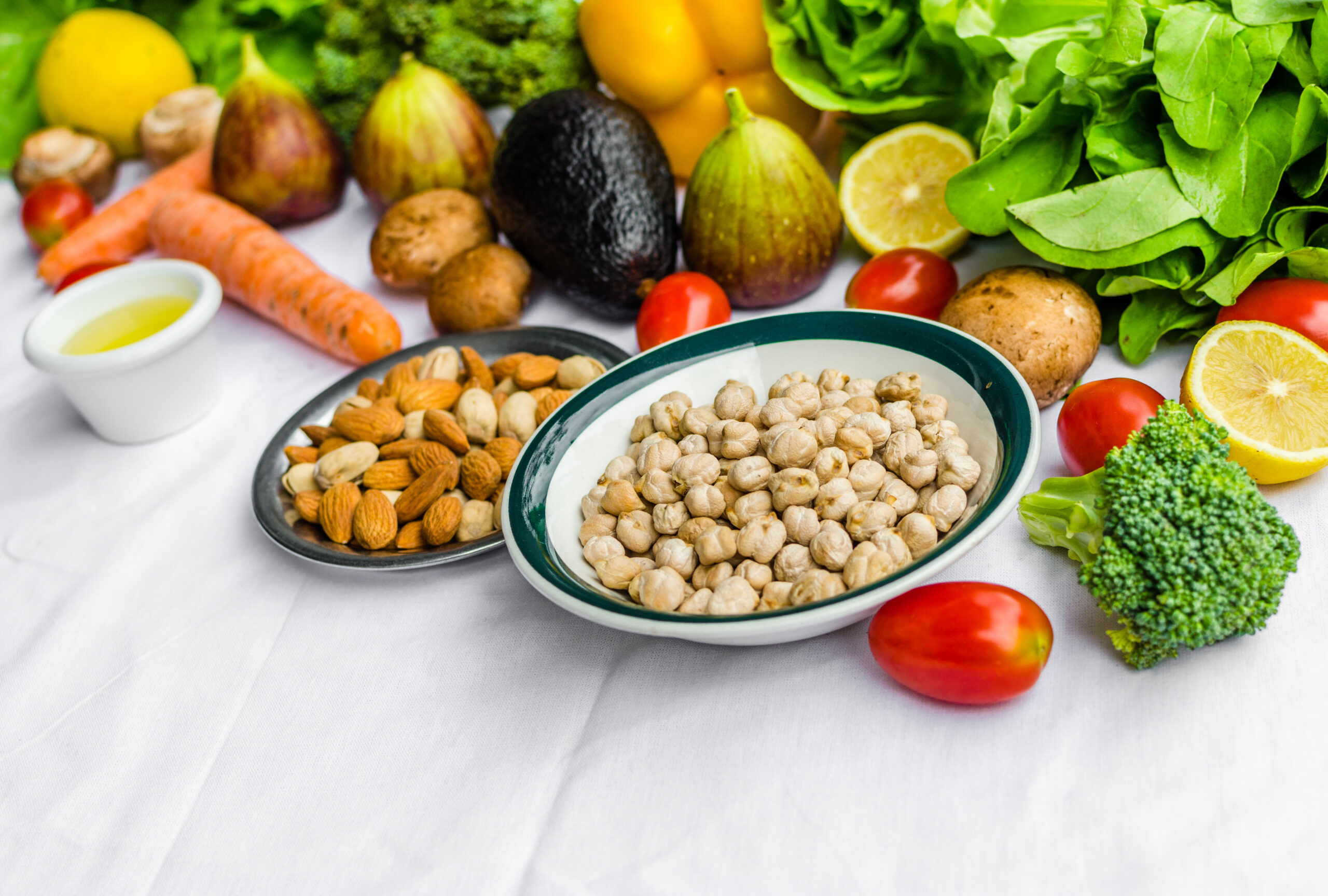It’s common to focus on weight control and other quantifiable data points when we talk about creating a healthy approach to maintaining a good diet. We’ve all heard or read about portion size, cutting dairy and red meat or drinking less alcohol. However, you can also eat to help protect against prostate cancer.
The Prostate Cancer Foundation recommends some simple changes to your daily eating habits to decrease your risk of developing this cancer. As the saying goes: food is fuel. You wouldn’t put unleaded gas in a diesel engine. So why would you treat your body with any less care? For better prostate health, you should try to incorporate the following foods in your diet:
🍅 Tomatoes
This bright red beauty contains a powerful antioxidant called lycopene. Lycopene may decrease cell damage and slow cancer cell production. Antioxidants generally protect cells from damage or oxidative stress. Spaghetti sauce, sun-dried tomatoes and tomato juice are all good sources of lycopene.
🥦 Broccoli
All cruciferous vegetables (cauliflower, cabbage, kale…) are packed with complex compounds that can protect against cancer. They are rich in antioxidants and also a phytochemical called sulforaphane. Sulforaphane can selectively target and kill cancer cells. Not a bad thing when it comes to eating for health. Broccoli can be added to soups, salads or vegetable stir-fries for endless delicious recipe options.
🥜 Legumes
Beans, peanuts and lentils are all legumes that contain phytoestrogens. It is believed that the cancer-fighting effects of phytoestrogens come from their antioxidant properties and effects on hormone regulation. One study suggested that people who ate the most phytoestrogens had a 20% reduced risk of prostate cancer versus the group with the lowest intake. Try a black bean burger or hummus as a dip for your cruciferous veggie snacks.
🍣 Fish
The omega-3 fatty acids found in fish are an essential nutrient we only get through diet. Having a higher omega-3 fat consumption is associated with a lower risk of high-grade prostate cancer and prostate cancer mortality. Salmon, herring and sardines are all excellent sources of omega-3s. It can be a simple as opening a can of tuna.
🍷 Pomegranate
Pomegranate juice is packed with antioxidants. The National Cancer Institute has stated that some of its bioactive components may help inhibit the proliferation of prostate cancer cells. Sipping this potent juice can be intense so add water if it’s too tart for your tastebuds. Pomegranate seeds are another way of adding the powerful pomegranate antioxidants to your diet.
The above foods are recommended additions to your diet. However, there are also foods that you should avoid such as red meat and dairy. Whole milk consumption has been linked to increased risk of prostate cancer progression. Meanwhile the nitrates in processed meats have demonstrated cancer-promoting properties.
It can be hard to make these dietary changes so start with small achievable goals. You don’t need to quit deli meat cold turkey. Maybe you don’t eat meat one day a week. Try a milk alternative when you order your morning coffee. Striking the right balance looks different for everyone. Changing your diet can give you more control of your prostate health.
Sources:
Healthline, “6 Foods to Boost Prostate Health”
Livestrong, “8 Foods High in Sulforaphane”
National Cancer Institute, “Prostate Cancer Supplements”











